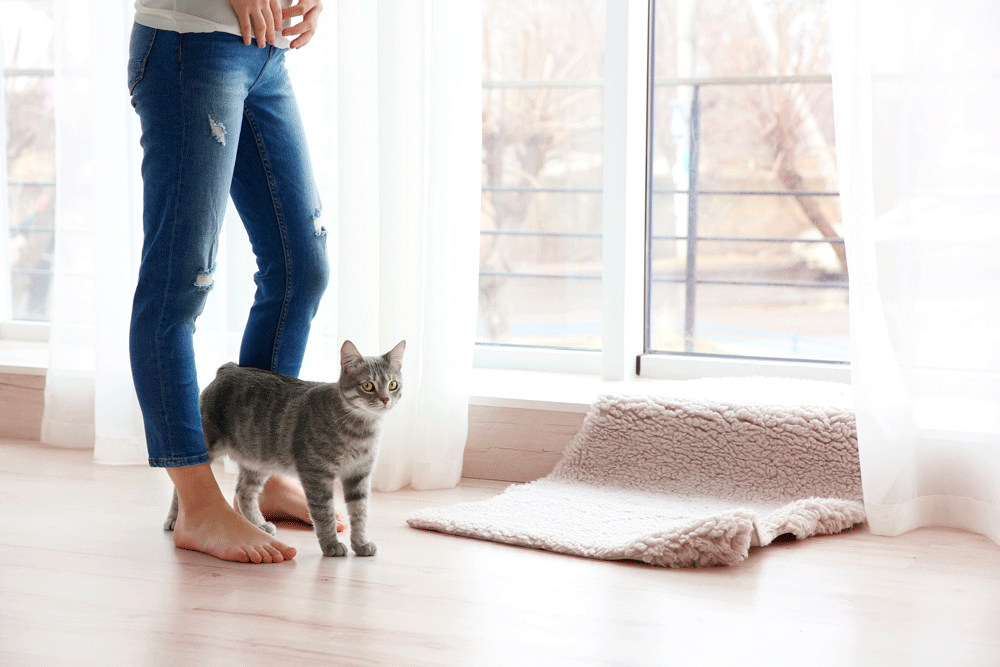
Vomiting in Cats: Symptom or Disease?
Vomiting in cats is so frequent that owners often dismiss it as the result of something minor e.g. indigestion, overeating, hyperactivity, a hairball, etc. However, there are times that vomiting signals a much more serious condition. Frequent gagging and throwing up are causes for concern and a trip to the vet, especially if accompanied by other systemic symptoms like difficulty in urinating or fever.
In the following serious conditions, vomiting is the symptom of an underlying disorder that requires diagnosis and treatment by a vet:
Gastrointestinal problems, e.g. constipation, inflammatory bowel disease, colitis, foreign body obstruction, pancreatitis, neoplasms or food allergy
– Internal parasites
– Liver or kidney failure
– Toxins or chemicals
– Certain medications
– Poisonous plants
– Metabolic diseases e.g. diabetes, kidney disease or hyperthyroidism.
– Diaphragmatic hernia
How does one differentiate normal vomiting from a severe problem?
Isolated, occasional vomiting is normal. Expelling hairballs once or twice a week is not a cause for concern. Usually, the cat goes back to eating and regular bowel movements.
However, if your cat throws up frequently, it is important to observe it and consider the following circumstances:
– Frequency of vomiting
– Dehydration
– Lethargy
– Blood in vomit
– Weight loss
– Change in appetite and water intake
– Change in urinary and bowel habits such as diarrhea, difficulty in urination, etc.
If any of the symptoms above persist, bringing your cat to the vet for a complete examination and diagnosis is recommended.
How will the vet decide if the vomiting is normal or not?
The vet will base the diagnosis on your pet’s age, medical history, physical examination and your cat’s symptoms. Blood tests and fecal examinations are used to rule out possible toxicities, parasites, and metabolic diseases. X-rays and sonograms are used to find tumors, foreign objects, and other gastrointestinal tract problems. A biopsy may be carried out in the case of suspected cancer or inflammatory bowel disease.
What are the treatment options?
The first course of treatment is withholding food and water till vomiting has stopped for a few hours. Water is gradually introduced, followed by a bland diet such as boiled potatoes, rice or cooked skinless chicken. In severe cases, fluid therapy or anti-emetics are prescribed. Specific treatment depends upon the cause of vomiting, e.g. antibiotics, deworming or hormone therapy. Obstructions and neoplasms are removed surgically or with chemotherapy. Inflammatory bowel disease is treated with dietary therapy and/or steroids.
References:
1. http://www.vet.cornell.edu/fhc/health_information/vomiting.cfm
1. http://pets.webmd.com/cats/what-causes-cats-vomit




No Comments